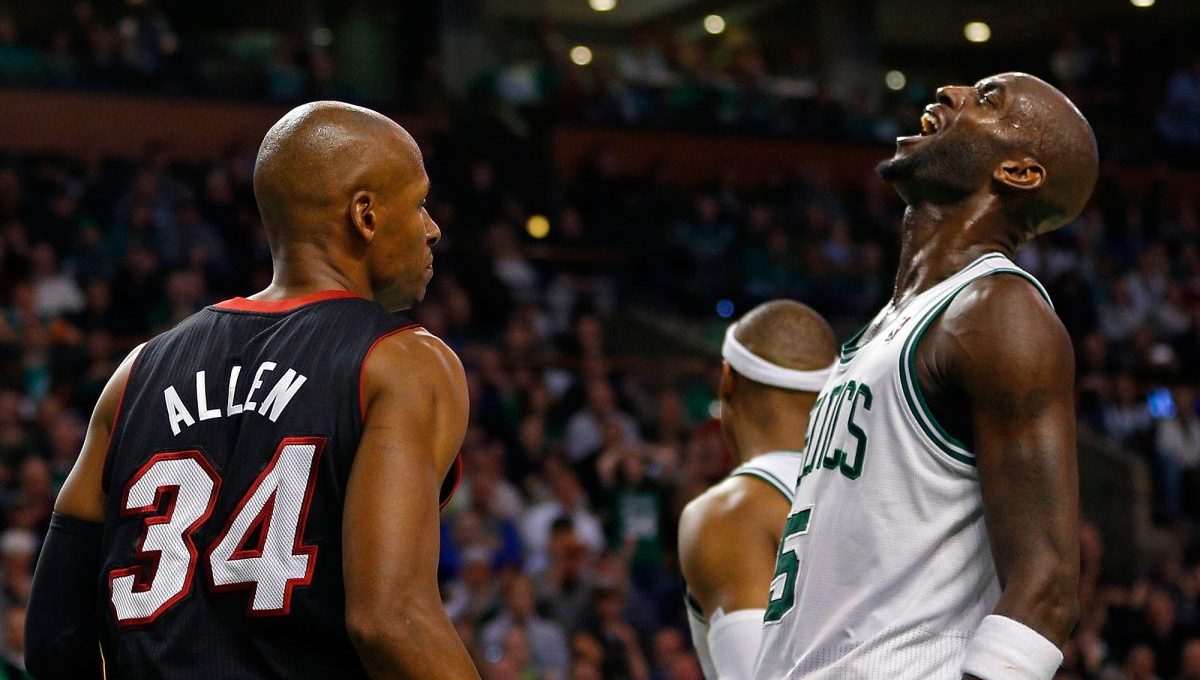Owen Stern described the excitement of attending his first University of Michigan football game in the fall of 2019, packing into the "Big House" with 100,000 fans to cheer for the Wolverines.
It was one of the moments that validated his choice to pursue a college degree in Ann Arbor.
Then the coronavirus pandemic took hold. And like students across the country, Stern's freshman experience changed drastically to online learning format far away from campus life.
It's safe to say his parents' home doesn't provide the same exciting atmosphere.
"I really hope we can move back to a normal fall semester," Stern told the NBC10 Boston Investigators.
But the rising sophomore admits he's not optimistic. As a result, he's leaning toward a new plan for the fall semester.
"I might choose to stay home and take classes at a community college," Stern said. "Instead of paying out-of-state tuition for online classes, that's probably the best option financially."

Nick Ducoff is CEO of Edmit, a Boston-based company that helps families make smart college financial decisions. Ducoff said he is increasingly hearing similar stories from his clients.
Local
In-depth news coverage of the Greater Boston Area.
"Many families are considering sitting out next semester and potentially taking a gap year," Ducoff said. "Parents and students are very concerned about the uncertainty."
That reality has schools now scrambling to prepare for potentially massive budget deficits from lost revenue.
Colleges large and small report they are cutting salaries, freezing hires and pausing capital projects.
However, Ducoff said it might not be enough for hundreds of schools that were already on the financial ropes. He noted a handful of institutions recently went under, including Mount Ida College, which abruptly closed in 2018.
"The coronavirus is going to make it more challenging for all colleges," Ducoff said. "Our research shows that as many as 345 small four-year private colleges may close within the next six years."
In March, Moody's Investors Service downgraded its outlook for the higher education sector in the United States from stable to negative, warning coronavirus response will immediately hit revenues and drive expenses higher.
The firm, which tracks the finances of hundreds of schools, warned more than a quarter of private schools already operate at a deficit, and more than 5% had less than 90 days' cash on hand before the pandemic took hold.
Stark numbers like that are getting increased attention as college leaders turn their efforts to the fall semester. In a recent op-ed in the New York Times, Brown University President Christina Paxson said the reopening of college campuses should be a "national priority."
"It's not a question of whether institutions will be forced to permanently close, it's how many," Paxson wrote.
Ed Wingenbach, the president at Hampshire College, said he's feeling the pressure of the current climate.
When Wingenbach took over the small Amherst campus, the school was in a tough financial spot. The previous president had chosen not to take in a class of new students last fall, saying the institution was no longer financially sustainable.
Wingenbach launched a five-year plan to climb out of the enrollment hole, and a $60 million fundraising campaign, before the pandemic arrived. The college president now hopes the available capacity and single-room living on campus will make it easier to keep students spread out and safe.
"We have every intention of welcoming students back. That's the core of the work we're doing," he said. "If Hampshire College can't pull off a residential college experience, it's unlikely many schools in the Northeast can."
A lot of schools have extended deadlines to give students more time to decide than the traditional May 1 deadline. Others are waiving deposit fees.
Ducoff said if students have their hearts set on a college, and they can stomach the idea of starting college life in a remote setting, the timing is good to ask for a valuable financial aid package.
"They are more likely to bend because they are trying to meet their enrollment goals," he said.
But if the pandemic forces the learning environment to remain remote in the fall, it could spell trouble for colleges around the country.
"It would be a really significant blow, not just for Hampshire, but many of the tuition-dependent colleges in New England," Wingenbach expressed. "I think most college presidents, in their most honest moment, would say it might not be survivable unless there is significant aid from the state and federal government."



